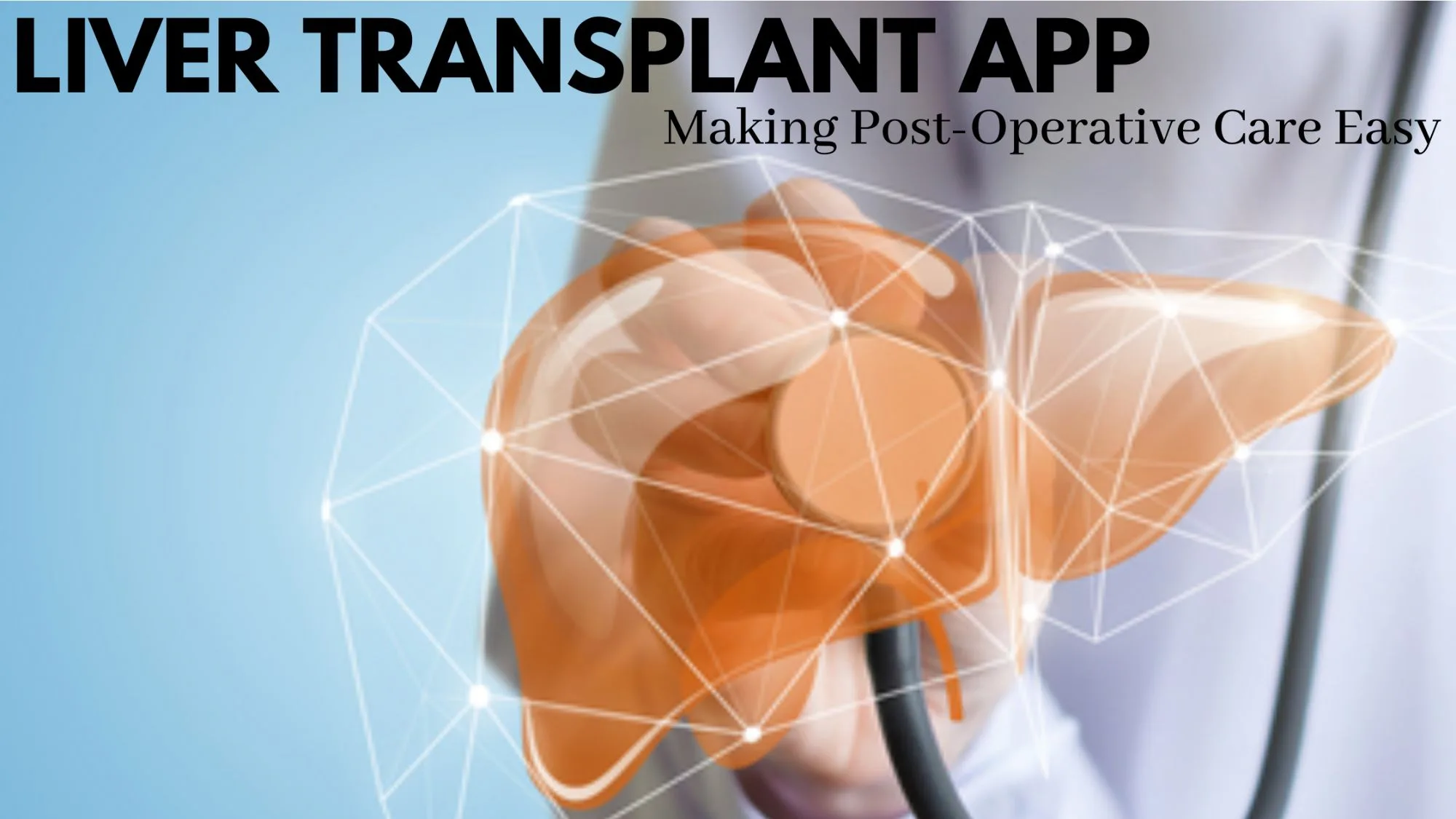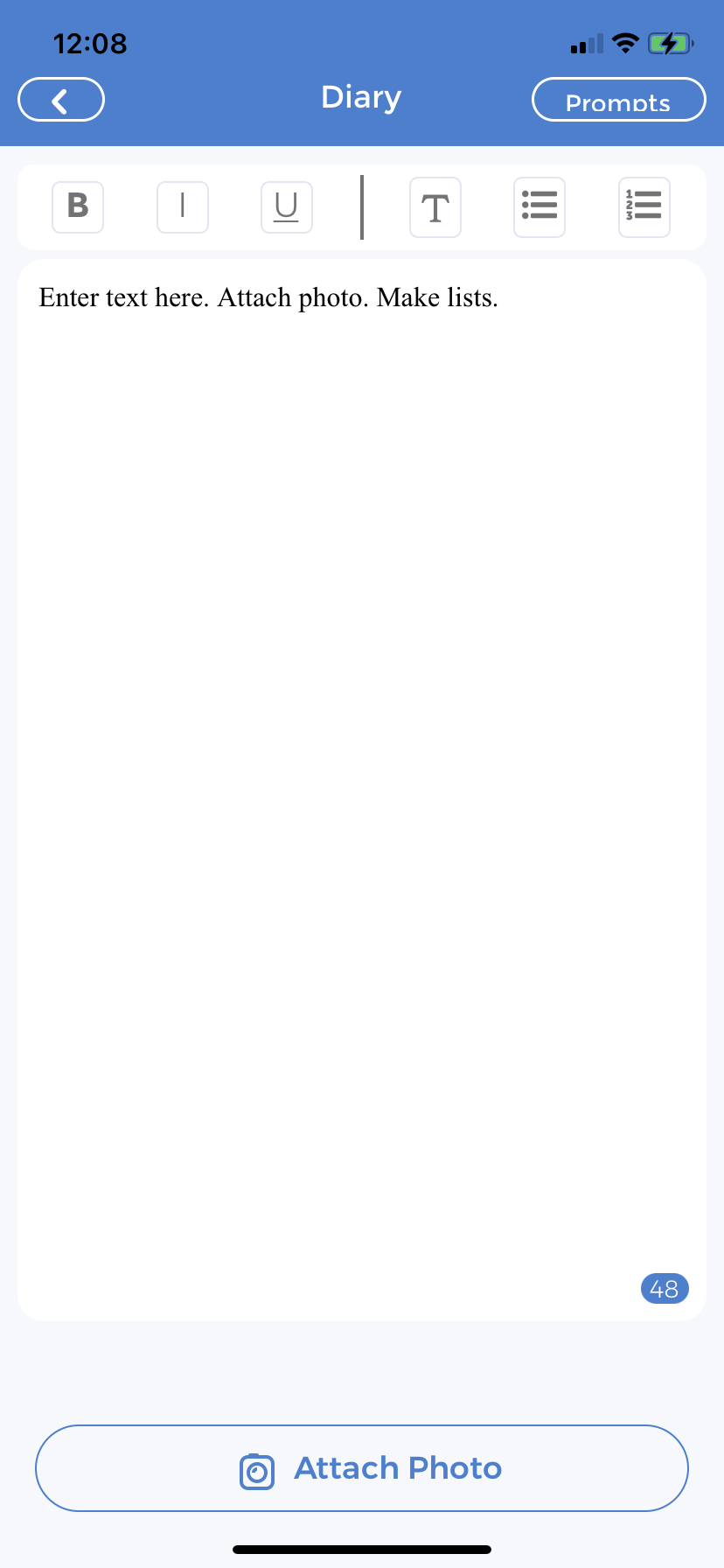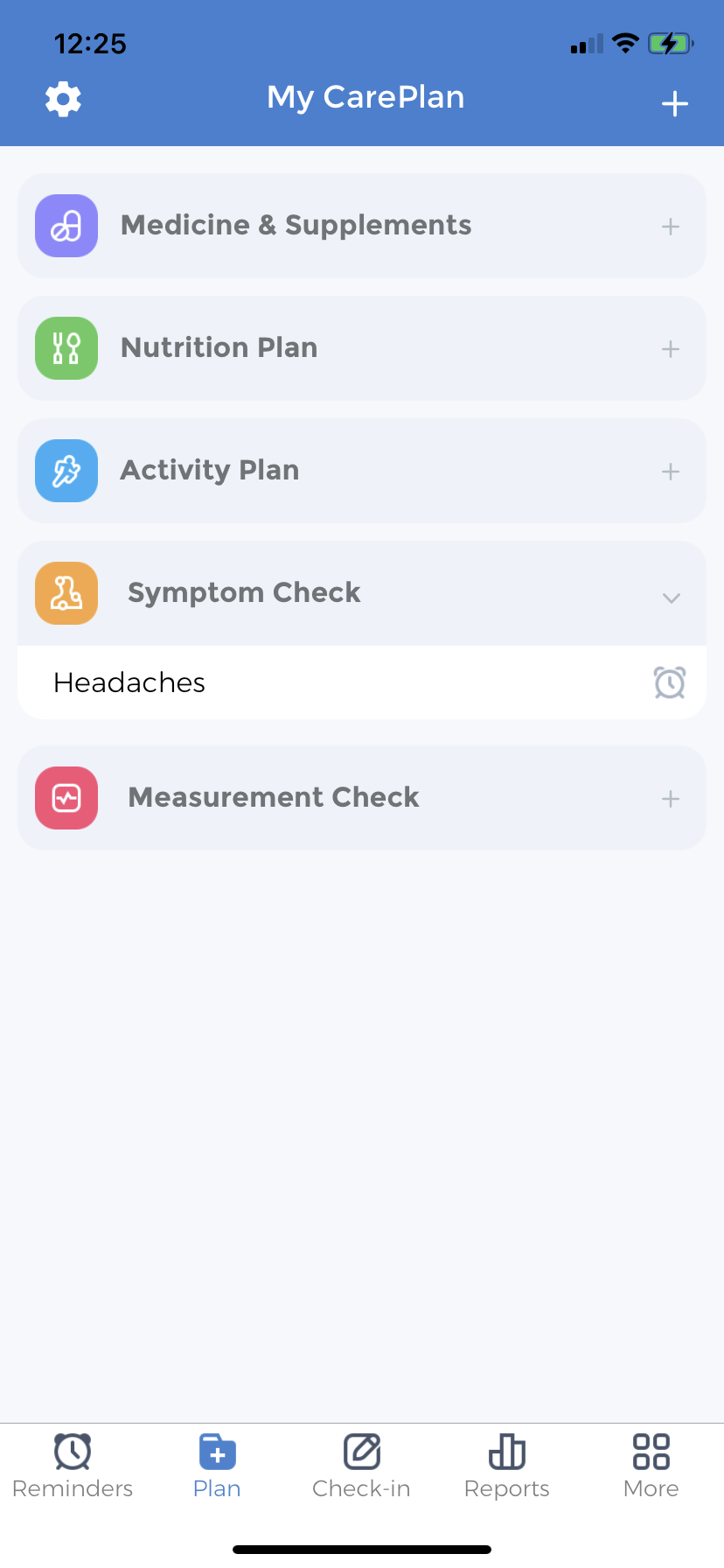
Have you or someone you know recently been diagnosed with liver problems? Are you someone who has just had a liver transplant? Are you looking for information on causes, procedures, and post-op care? Have you looked through hundreds of sites with contradicting information? Do you wish all the information was available in one place for easy reading? Look no further. This article will specifically highlight symptoms, remedies, and different available transplants. Most importantly it will highlight post-operative care through a liver transplant app and how it is useful. It will deep-dive into the CareClinic app and how it makes recovery easier, for patients, doctors, friends, and family.
[1][2]Table of Contents
- What Is The Liver?
- Why Is The Liver Important?
- What Happens If Your Liver Stops Functioning Correctly?
- Preventing Liver Failure
- Remedies For Liver Failure
- Before Liver Transplant Surgery
- Complications of Liver Transplant Surgery
- Post-Operative Care
- Liver Transplant App
- CareClinic App Features
- Where Do I Find The CareClinic App?
What Is The Liver?
The liver is your body’s second-largest organ. It can be found under your ribcage and is about the size of a football. It works 24 hours a day and performs over 500 functions to keep the body functioning properly. The liver is the only organ in the body that can regrow. It has to be healthy to do so.
[3][4][5]Why Is The Liver Important?
The liver one of the most essential organs in the body and keeps your body healthy. Here is a list of the most vital functions your liver does to ensure you remain physically fit:
- Cleanses the blood – metabolizes alcohol and destroys poisonous substances
- Regulates your sugar and fat – stores and supplies glucose, and stores and exports fats
- Manufactures essential body proteins – helps clot your blood and fight off infection
- Regulates your body cholesterol – produces, excretes, and converts cholesterol into essential substances
- Produces bile – helps eliminate toxins and aids in the digestion of food
What Happens If Your Liver Stops Functioning Correctly?
Liver failure can be life-threatening and more often than not requires hospitalization. There are two types of liver failure; acute and chronic. However, the liver disease does not always cause noticeable symptoms. Some common symptoms of liver failure to be aware of are as follows:
- Jaundice – skin, and eyes appear yellow
- Abdominal pain and swelling
- Ankle and leg swelling
- Itchy skin
- Dark urine
- Chronic fatigue
- Nausea and vomiting
- Loss of appetite
- Tendency to bruise easily
Although these symptoms in isolation may not feel detrimental to health it is important to be aware of them. If especially two or more of these symptoms appear, please get checked out by a doctor immediately.
Acute Liver Failure
Acute liver failure (fulminant hepatic failure) occurs suddenly, over a period of days or weeks. It is usually caused by a hepatitis virus or drug. It usually develops in people with no pre-existing liver conditions. Causes of acute liver failure include:
- Viral Infections – Hepatitis B
- Overuse of acetaminophens or paracetamol
- Autoimmune Hepatitis
- Sepsis (overwhelming infection) and shock
Complications of Acute Liver Failure
Acute liver failure can cause many complications. Some of them are:
- Excessive fluid in the brain – cerebral edema
- Bleeding in the gastrointestinal tract due to lack of blood clotting
- Respiratory and urinary tract infections
- Kidney failure
Chronic Liver Failure
Chronic liver failure occurs more slowly, over a longer period of time. A symptom of chronic liver failure is cirrhosis – scarring of the liver. Some of the most common causes of chronic liver failure include:
- Infection – Hepatitis A, B, C, D& E
- Prolonged alcohol abuse
- Genetics
- Autoimmune disorders
The Main Cause of Chronic Liver Failure
Out of all the causes listed above, the most common cause of chronic liver failure is sustained alcohol abuse. It takes an average of 8 years of heavy drinking for someone to develop chronic liver disease. A doctor will diagnose liver disease through a blood test or liver biopsy. There are 4 stages till liver failure:
- Mild Fibrosis – initial scarring of the liver causes discomfort
- Alcoholic Hepatitis – inflammation of the liver combined with one or more of the symptoms mentioned previously
- Cirrhosis – scarring of the liver that causes proper function failure
- Portal Hypertension – scar tissue blocks blood flow to the liver and causes high blood pressure in the portal vein as a result
- End-Stage Liver Disease – liver failure and liver cancer
- Liver cancer – caused by unhealthy cells spreading in the liver
With both types of liver disease and subsequent failure, there are medications and remedies available. However, in a lot of cases, doctors will prescribe a liver transplant. The next few sections will highlight different prevention methods, remedies, types of liver transplants, and post-op care through a liver transplant app.
Preventing Liver Failure
There are a number of preventative measures you can take to avoid having to be put on a transplant list. Currently, in the United States of America, 5.5 million people are living with chronic liver disease (cirrhosis). 4.4 million Americans are living undiagnosed with Hepatitis B or Hepatitis C. To avoid becoming part of this statistic you should:
- Not take more than the recommended dose of medication
- Drink alcohol in moderation
- Get vaccinated against Hepatitis B
- Maintain a healthy weight
- Wear overalls, gloves, and masks when working with chemicals
Remedies For Liver Failure
As mentioned above, there are many remedies that doctors prescribe in less serious cases, before putting a patient’s name on the transplant list.
Non-Surgical Remedies
To prevent needing a liver transplant and therefore help from a liver transplant app to keep healthy, here are some non-surgical remedies. Please only try them after consulting a doctor. Non-surgical treatments where possible, control symptoms and give your liver time to heal. Usually, these remedies only work for acute liver failure. Here is how:
- Medications to reverse poisoning – acetylcysteine
- Relieving pressure caused by a cerebral edema
- Screening for infections – screening blood and urine samples to identify and medicate the infection
- Providing nutritional support – supplements to treat nutritional deficiencies
Surgical Remedies
For chronic liver failure, the only real treatment is a liver transplant. There are many types of liver transplants available for patients these days:
- Orthotopic Transplant – the most common type of liver transplant. An orthotopic transplant takes place when the whole liver is taken from a recently deceased donor.
- Living Donor Transplant – the donor is a consenting living person. Once matched with a patient, the donor has the operation first. The surgeon removes either the right or left lobe of the liver to transfer. The lobe is dependent on adult or child recipients.
- Split Donation – the liver from a deceased donor is split into two pieces and transplanted into two different individuals. Usually, the recipients have to be an adult and child. Adults will get the right lobe while children will get the left lobe of the donated liver. The right lobe is bigger and therefore goes to an adult. The left lobe is smaller and therefore goes to the child.
MELD Score
Before a person can have surgery they are put on a transplant waiting list. Doctors calculate a MELD (Model for End-Stage Liver Disease) score to determine the order of priority in receiving a liver. The score estimates the risk of death within 90 days without a transplant. It ranges from 6 to 40. The higher the MELD score, the more urgent the need for a transplant. Higher MELD score patients are usually offered donated livers first. There are extenuating circumstances for patients to be brought to the top of the list as well.
Liver Transplant Waiting List
There is no way to predict how long someone stays on the waiting list. At present over 117,000 people are on the waiting list for all kinds of organ donation. Out of this number, over 12000 people are in line for a liver transplant in the U.S. alone. Some people have been on this list for months or years even. To know more about this list or any other organ list please click here for up-to-date facts and figures.
Facts About Donating
Did you know one person can save eight lives if they become an organ donor? With the transplant list so long, all people with the ability to do so should consider becoming donors. You could help save a life. In order to be a donor, however, there are certain criteria you have to meet. The requirements are:
- A consenting adult between the age of 18 and 60
- Be in good health; physically and psychologically
- Have a compatible blood type
- Have healthy liver and kidney function
- Be a healthy weight – Basal Metabolic Index less than 32
- Be willing to abstain from alcohol till fully recovered
- Cannot have:
- Heart disease
- Cancer
- Hepatitis
- Active or chronic infections
- Suffer from substance abuse of any kind
Before you can donate doctors will run a series of tests to measure how good a fit you are. The tests for a potential donor include:
- Blood tests
- Chest X-ray
- Computed tomography (CT) scan
- Electrocardiogram (EKG) – to ensure no heart disease or problem
- A full physical exam
- Tissue matching – to find an ideal patient
Before Liver Transplant Surgery
Before a patient can be moved off the list, they too have to undergo a series of tests. These tests will provide comprehensive data for the transplant team to assess the function of your liver and other body systems. This is to determine if you are a suitable candidate for a transplant. The tests include:
- Consultations – the transplant Hepatologist (specialist) and liver transplant surgical team will conduct psychological evaluations of the patient and family members.
- Radiology – ultrasound (US) AND CT scan of the abdomen
- Laboratory Studies
- Miscellaneous Procedures – to determine the overall health
- Vaccinations – to fully protect the body from possible infection and therefore a rejection of the new liver
This list is by no means comprehensive. For a more detailed explanation click here.
[13][14][15][16][17]Complications of Liver Transplant Surgery
Having surgery may be your best chance of survival, yet is it useful to know the potential risks and complications you may face:
- Bile duct complications – bile duct leaks or shrinking of ducts
- bleeding
- Blood clots
- Donor liver rejection
- Donor liver failure
- Mental confusion
- Seizures
Once the liver transplant is done and complications are mitigated, post-operation becomes extremely important. This is where a liver transplant app can become a useful reminder tool.
[18][19][20][21][22][23]Post-Operative Care
Before diving into detail about the liver transplant app, it is important to talk about basic post-operative care procedures.
- After a liver transplant, the patient will be in the hospital and potentially the ICU (intensive care unit) for a few days.
- On average they will spend between 5 and 10 days in the hospital before being sent home.
- They will have blood tests a few times each week at first, reducing frequency as months post-surgery pass.
- Finally, they will be on medications for the rest of their life.
- Certain medications will promote healthy healing of the body
- Certain medications will help prevent organ rejection. These medications are called immunosuppressants and help keep your immune system from recognizing the new liver as a foreign entity and attacking.
Side-Effects of Post-Operative Medications
The medications do not come without side effects and as power is knowledge it is best to know potential complications that may arise. These medications also increase the risk of infection.
- Bone thinning – could cause brittle bones and breaks
- Diabetes could develop
- Diarrhea
- Headaches
- High blood pressure
- High cholesterol
The best way to track these side effects and the long list of medications needed is through a liver transplant app. But, you must be wondering what is a liver transplant app?
[24][25][26][27][28]Liver Transplant App
A liver transplant app is an application that users can download on their phone to keep track of symptoms, medication times, dosages, etc. The app allows ease of access and tracking for patients with long recovery times. There are many apps with these functionalities available, so what makes the CareClinic app so special?
[29][30]CareClinic App Features
The CareClinic app is an all-in-one care app. It is an easy-to-use interface that can be accessed by both doctor and patient for ideal post-operative care. The app allows users to keep diary entries, set medication trackers and reminders, build individualized care plans and learn about specific topics through its blog articles. This combination of functions makes it the ideal app to use. Fear not, the following subsections will not only have detailed explanations on how to use each tab but will be accompanied by visual screenshots for ideal learning.
Diary Entries

With diary entries, you can type up to 144 words per entry and post an unlimited number of entries per day. You can either type out any thoughts or if you’re unsure of what to write, use the prompt function. The premium account has access to 16 prompts, and each prompt focuses on different aspects of mental health. Topics range from “acceptance” to “productivity planner daily”. You can also add lists, bold, italicize, and underline important statements. Finally, you can add photos, be it a progress check post-surgery or a motivational picture to look at as part of your recovery.
Blog Articles
CareClinic is “Google News” certified. This means that Google has approved the information presented as valid and credible. The advantage is, an article like the one you are reading can provide summarised information in one spot. Instead of trudging through hundreds of websites, you can use this one platform to obtain the information you seek. The blog holds hundreds of papers ranging from mental health to specific illnesses. Each blog article is carefully curated, researched, and reviewed by a team of experts to give you up-to-date scientifically certified information. Use it, it’s a great resource to have.
Medicine & Supplements (Medication Tracker and Reminders)

Here you can search for a medication and add it to the tracker. The tab will ask for a number of tracking factors. Firstly, dose quantity, secondly, dose form (tablet, liquid, etc.), thirdly how many doses left to take, fourthly, refill reminder, and finally, the start and end date for the medication. Under these prompts, you can add any notes from the doctor and a frequency reminder. In the frequency reminder, you can many features. Add quantity of dose, reminder time, and how many days a week you have to take the medication. You can also add a photo of the pills and pill bottle to avoid confusion.
Care Plans
The app has a ribbon on the bottom with a “plan” tab. Click on that tab and it leads to a page called “My CarePlan”. Within your care plan, you can add many features. Add medicines &supplements, a nutrition plan, activity plan, symptom check, and measurement check. You can even add appointment reminders to talk to your doctor. You, however, do not have to use all available options. Talk to your doctor and prioritize the most useful tabs. Customize accordingly.
Within your plan, you have an option to add caregivers ranging from doctors and nurses to family members. Everyone you add will have access to your plan. Each person can add information to your plan, allowing for cohesive care. This makes keeping track of post-operative progress very easy.

Where Do I Find The CareClinic App?
The CareClinic app is available on the App Store for IOS users and on Google Play for Android users. For ease of download, you can click here to get started on tracking your needs today.
Listen to your body. If you feel any symptoms covered in this article, or just have a general inkling, go see a doctor. The earlier you catch the problem, the better your chance of recovery. Also, don’t forget using a liver transplant app is beneficial for everyone. The CareClinic app here to help you, so download and start using it today. It will make your post-operative care much easier.
⬇️ Download the CareClinic App
[31]References
- “Transplant Care on the App Store”. https://apps.apple.com/us/app/transplant-care/id1437887039
- “AlloCare Transplant Health on the App Store”. https://apps.apple.com/us/app/allocare-transplant-health/id1497962881
- “Liver: Anatomy and Functions | Johns Hopkins Medicine”. https://www.hopkinsmedicine.org/health/conditions-and-diseases/liver-anatomy-and-functions
- “Liver Functions, Location, Anatomy and Disease | Columbia Surgery”. https://columbiasurgery.org/liver/liver-and-its-functions
- “Liver Regeneration – Center for Regenerative Biotherapeutics – Mayo Clinic Research”. https://www.mayo.edu/research/centers-programs/center-regenerative-biotherapeutics/focus-areas/liver-regeneration/
- “Preventive Strategies in Chronic Liver Disease: Part II. Cirrhosis | AAFP”. https://www.aafp.org/pubs/afp/issues/2001/1115/p1735.html
- “Preventive Strategies in Chronic Liver Disease: Part I. Alcohol, Vaccines, Toxic Medications and Supplements, Diet and Exercise | AAFP”. https://www.aafp.org/pubs/afp/issues/2001/1101/p1555.html
- “Cirrhosis: Prevention and Tips for a Healthy Liver – GI Associates”. https://giassoc.org/cirrhosis-prevention-and-tips-for-a-healthy-liver/
- “Preventing Cirrhosis: Lifestyle Changes And Strategies – Ask The Nurse Expert”. https://askthenurseexpert.com/preventing-cirrhosis-lifestyle-changes-and-strategies/
- “Acute liver failure”. https://en.wikipedia.org/wiki/Acute_liver_failure
- “Living-Donor Liver Transplant Criteria & Requirements | UPMC”. https://www.upmc.com/services/transplant/liver/living-donor/candidates
- “Eligibility Criteria for Living Donor Liver Transplantation – American Liver Foundation”. https://liverfoundation.org/resource-center/videos/eligibility-criteria-for-living-donor-liver-transplantation/
- “Core Concepts – Referral for Liver Transplantation – Management of Cirrhosis-Related Complications – Hepatitis C Online”. https://www.hepatitisc.uw.edu/go/management-cirrhosis-related-complications/liver-transplantation-referral/core-concept/5/5/quiz
- “Pre-Liver Transplant Evaluation & Tests | UPMC”. https://www.upmc.com/services/transplant/liver/process/before
- “Liver transplantation in adults: Patient selection and pretransplantation evaluation”. https://medilib.ir/uptodate/show/4585
- “Being Evaluated for a Liver Transplant | UI Health”. https://www.hospital.uillinois.edu/primary-and-specialty-care/transplantation-program/liver-transplantation/transplant-process-and-what-to-expect/being-evaluated-liver-transplant
- “Hepatology”. https://journals.lww.com/hep/fulltext/2014/03000/evaluation_for_liver_transplantation_in_adults_.42.aspx
- “Problems after a transplant for liver cancer | Cancer Research UK”. https://www.cancerresearchuk.org/about-cancer/liver-cancer/treatment/surgery/liver-transplant/problems-after-surgery
- “LiverSource – Liver Transplant”. https://liversource.ucsf.edu/conditions–procedures/liver-transplant.aspx
- “Biliary and Vascular Complications after Liver Transplantation–From Diagnosis to Treatment – PMC”. https://pmc.ncbi.nlm.nih.gov/articles/PMC10221850/
- “Liver transplant | NHS inform”. https://www.nhsinform.scot/tests-and-treatments/surgical-procedures/liver-transplant
- “Liver transplantation – Surgical Treatment – NCBI Bookshelf”. https://www.ncbi.nlm.nih.gov/books/NBK6890/
- “Early and late complications of liver transplantation | Clinical Gate”. https://clinicalgate.com/early-and-late-complications-of-liver-transplantation/
- “Post-Liver Transplantation Management”. https://www.clevelandclinicmeded.com/medicalpubs/diseasemanagement/hepatology/post-liver-transplantation-management/
- “Liver Transplant: Complications/Medications – Viral Hepatitis and Liver Disease”. https://hepatitis.va.gov/HEPATITIS/liver-transplant/patient/complications.asp
- “Liver Transplant Recovery: A Comprehensive Guide – FeM Surgery”. https://www.femsurgery.com/liver-transplant-recovery-a-comprehensive-guide
- “Brief overview of immunosuppression and its side effects after liver transplantation – PMC”. https://pmc.ncbi.nlm.nih.gov/articles/PMC10627593/
- “Immunosuppression: Watching For and Managing Side Effects | Mayo Clinic Connect”. https://connect.mayoclinic.org/blog/transplant/newsfeed-post/immunosuppression-watching-for-and-managing-side-effects/
- “UW Liver APK Download for Android – Latest Version”. https://apkpure.net/uw-liver-transplant/edu.wisc.surgery.web.liver
- “Human-Centric Issues in eHealth App Development and Usage: A Preliminary Assessment”. https://arxiv.org/abs/2104.01426
- “Tracker, Reminder – CareClinic on the App Store”. https://apps.apple.com/do/app/tracker-reminder-careclinic/id1455648231


